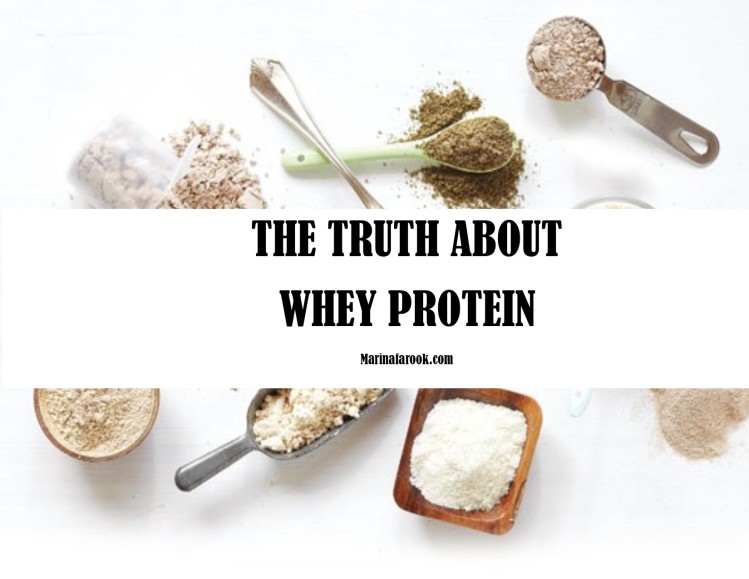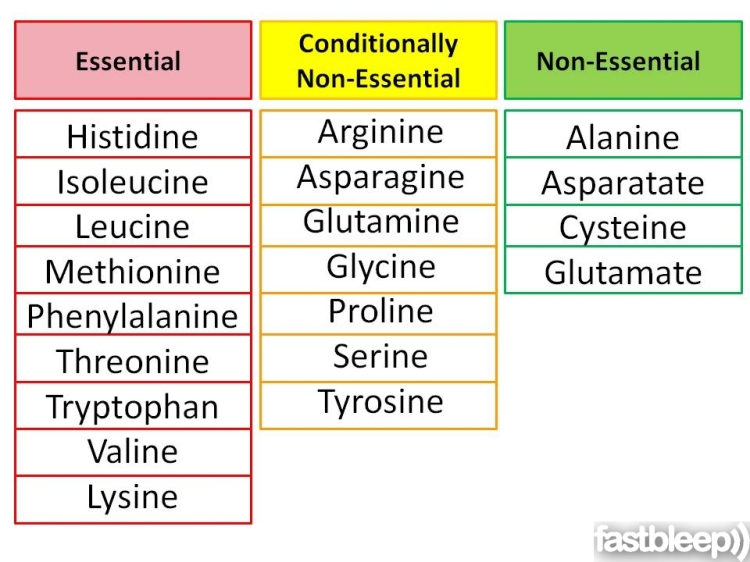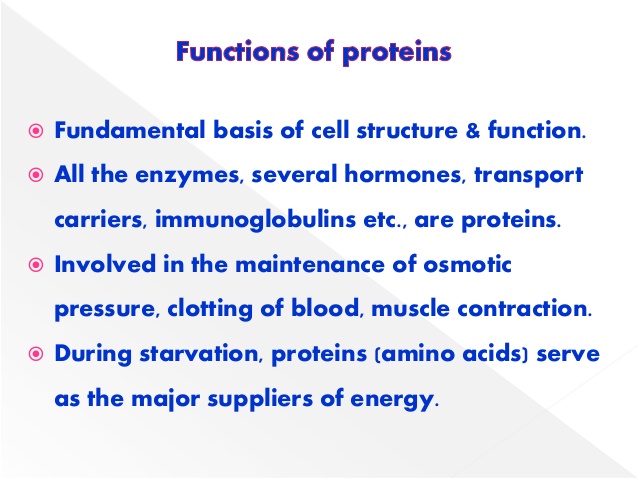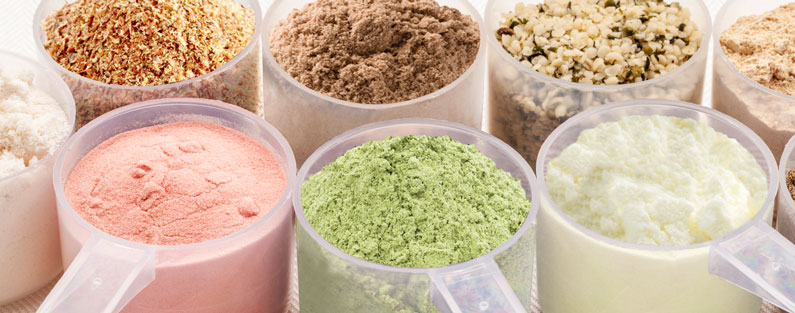It’s just more than a recent trend, whey protein powders has been around since the 1950’s. With recreational and competitive bodybuilding becoming increasingly popular in the 50’s, Irvin P. Johnson began to popularize and market egg-based protein powders marketed specifically at bodybuilders and physical athletes. The 1970s and 1980s marked a dramatic increase in the growth of the bodybuilding supplement industry, fueled by widespread use of modern marketing techniques and a marked increase in recreational bodybuilding.
But let’s take it further back.
In the 1910s, Eugen Sandow, widely considered to be the first modern bodybuilder in the West, advocated the use of dietary control to enhance muscle growth. Later, bodybuilder Earle Liederman advocated the use of “beef juice” or “beef extract” (basically, consomme) as a way to enhance muscle recovery.
Today, we see every Instagram fitness athlete offers a discount code and stores carry hundreds of different brands. If you are wondering whether whey protein powders are helpful then the flat answer is YES. But how and when to take can makes a difference. Your body can either utilize every bit of protein or just end up converting it into fat / carbs.

WHAT IS WHEY PROTEIN
In the process of making cheese, whey is the liquid “water” that separate from the milk when the milk curdles. You can easily curdle milk at home and make whey. Take milk and add a souring agent like lemon juice or vinegar – the liquid which separates is called whey.
This whey is processed into powder which is more concentrated with amino acids. The world makes ALOT of whey because we eat ALOT of cheese. SO where does all this whey go? Can’t we make use of it instead of just throwing it away?
That’s where the body building industry came in and re-purposed this otherwise waste into gold. Whey powders have been refined through the years to be more affective for our bodies. Is it an unnatural thing? Well that depends on what unnatural means to you. Whey protein powders deliver a might load of amino acids that our bodies can completely use. It’s quick digesting, zero fat and zero carbs.
Due to its strong amino acid profile and ease of absorption, it is arguably the most popular sports nutrition supplement. Whey protein has been shown to augment muscle protein synthesis, support fat burning, boost the immune system, improve insulin sensitivity, and decrease appetite. Additionally, whey concentrate is shown to boost production of glutathione, the body’s master antioxidant.
So now we have companies who are dedicated into processing whey and bringing the best to us. It’s our duty to understand how our bodies work and which one suits us better. Remember, everyone’s gut is different and everyone has a product which is just perfect for them.
WHY YOU NEED PROTEIN
(Importance of protein in the human body is a whole different article, here we have given the basics.)
By now you should have no doubt as to the importance of amino acids (AA) in the body. Protein is everything. Our whole body is made up of and requires amino acids to function and thrive. Starting from our DNA all the way down to our hair, skin and nails, protein makes up our whole body. It makes up the enzymes that power many chemical reactions and the hemoglobin that carries oxygen in your blood.
Protein is built from building blocks called amino acids. Our bodies make amino acids in two different ways: Either from scratch, or by modifying others. A few amino acids (known as the essential amino acids) must come from food.
- Animal sources of protein deliver all the amino acids we need. There are 9 essential amino acids that our body can not produce and we MUST have a intake through meats, fish and eggs.
- Other protein sources, such as fruits, vegetables, grains, nuts and seeds, lack one or more essential amino acids. These are not complete sources of proteins and our body can not make up for what is missing.
Vegetarians need to be aware of this. People who don’t eat meat, fish, poultry, eggs, or dairy products need to eat a variety of protein-containing foods each day in order to get all the amino acids needed to make new protein.


Dietary protein is hydrolyzed by proteases and peptidases to generate AA, dipeptides, and tripeptides in the lumen of the gastrointestinal tract. These digestion products are utilized by bacteria in the small intestine or absorbed into enterocytes. AA that are not degraded by the small intestine enter the portal vein for protein synthesis in skeletal muscle and other tissues. AA are also used for cell-specific production of low-molecular-weight metabolites with enormous physiological importance. Thus, protein undernutrition results in stunting, anemia, physical weakness, edema, vascular dysfunction, and impaired immunity.
You should focus on your protein intake the most from all other food groups. Second should be raw fruits and vegetables. This combination provides crucial protein, vitamins and minerals. If you need to know about vitamins and minerals then read this post.
TYPES OF WHEY
So now that I’ve drilled into your heard why proteins are your new best friend, you need to understand the different types of whey protein powders. This will help you to choose the one best for you.
Whey concentrates is the first stage of whey after processing. Many concentrates are 80% protein, which means on a dry basis, 80% of the total weight is protein. As an example, 100g of whey concentrate contains about 400 calories, 82g of protein along with about 9g of carbohydrates (about half is lactose), 6g of fat and 150 mg of cholesterol.
Whey isolates are typically about 92% protein (dry basis), meaning you get more protein per equivalent dose. The same 100g of whey isolate delivers less calories (about 370 calories), but with more protein (92g) and considerably less total carbohydrate, fat, cholesterol and no lactose . THIS IS IMPORTANT GUYS. If you have issues with milk (lactose intolerance) then whey iso is your type. Whey concentrates don’t suit a stomach which can not digest milk and dairy in general. This is why isolates are best for you if you stay away from dairy.
Hydrolysates have gone additional processing and been partially broken down by exposing the protein to heat, acid or enzymes that break apart the bonds linking amino acids. This makes it taste more bitter, but also allows it to absorb more rapidly than a concentrate or isolate. Concentrates and isolates are already fast-digesting, so a hydrolysate, which digests minimally faster, may not be worth the taste tradeoff and extra cost for the small benefit.
EATING IT RIGHT
You need to sit down for this one. All whey protein powders are essentially the same no matter how the companies try to make their’s seem different. What you have to focus on is proper intake so the protein is absorbed and not stored as fat.
Sports scientist Yousuf Farook explains the right way to have whey to maximize absorption in his article. In short he says:
Whey is a quick digesting protein and hits your blood streams quickly. After working out, our body is in an anabolic state and ready to absorb the full quantity of protein in your whey. But if you are going to have a second scoop of whey later on, you need to sip on it slowly.
What’s the solution : Have your whey right after working out. On rest days / second scoop – Sip on that whey slowly.
WHY WHEY
Whey protein has an absorption rate of 99% where as eggs are 95%, chicken is 85% and beef is 80% and plant based proteins are 40-70% absorption rate.
Whey protein is complete proteins meaning they have all the essential amino acids.
- Adv Food Nutr Res. 2010;60:21-52. doi: 10.1016/S1043-4526(10)60002-2
- Ha E, Zemel MB. Functional properties of whey, whey components, and essential amino acids: mechanisms underlying health benefits for active people (review). J Nutr Biochem. 2003;14(5):251-8.

I wholeheartedly agree with your statement that all whey proteins are essentially the same!
The only difference I’ve found between different whey proteins is flavors,and personal preference of said flavors.
Thanks for your post, and if you have the time, you might wanna consider checking out my websites list of best whey proteins!
LikeLike
Hi Jurica 🙂
thanks for your input, i will definetly check out your site. We have to try our best to spread the truth about food, health and supplements 🙂
LikeLike
Loved the reference before the 50’s, I was completely unaware of that beef juice. And I thought making a milkshake with black beer and eggs was bad enough! Yuck! Good post!
LikeLike
Thank you ! did you see my latest articles on super minerals zinc and magnesium?
LikeLiked by 1 person